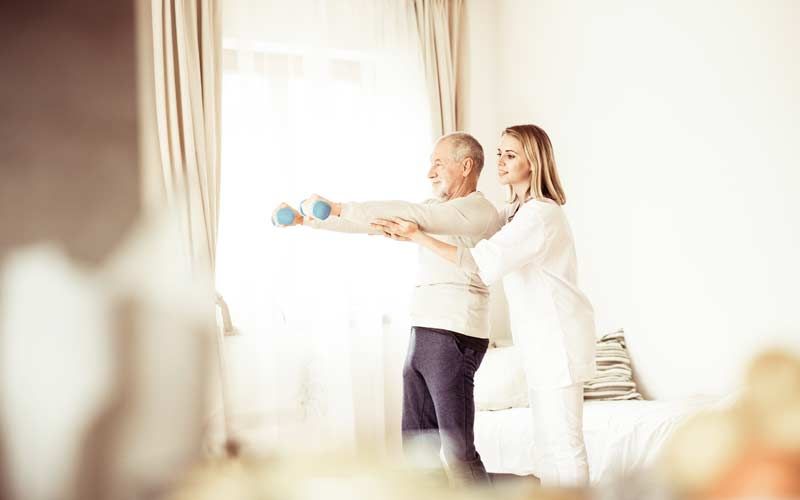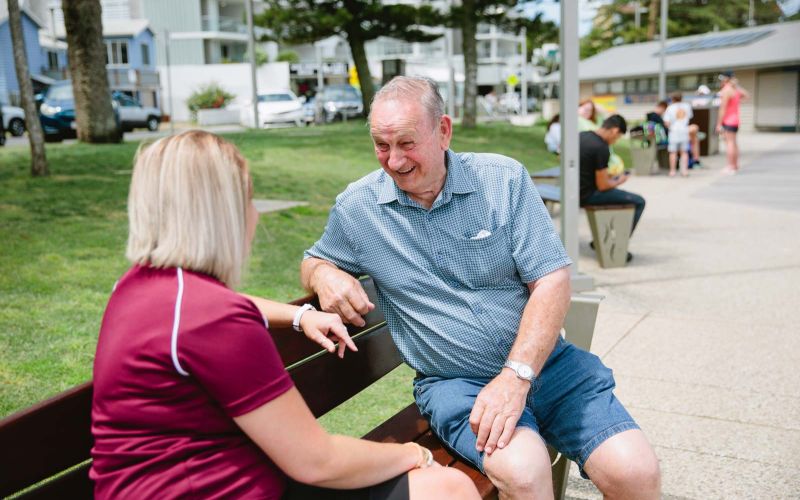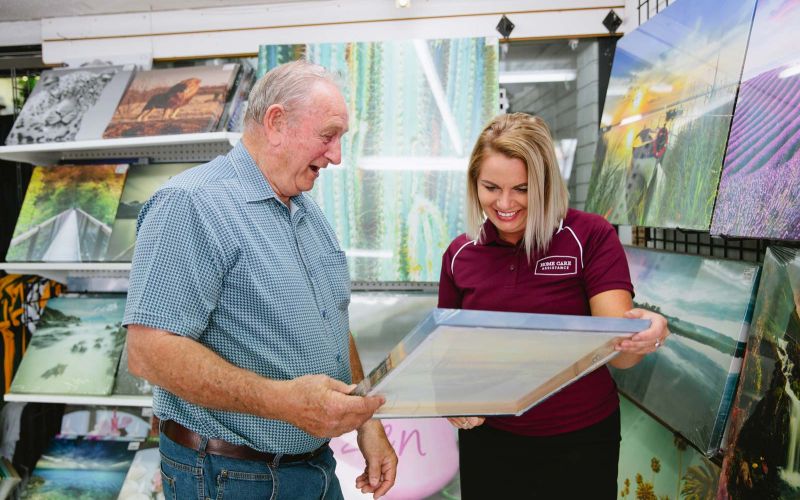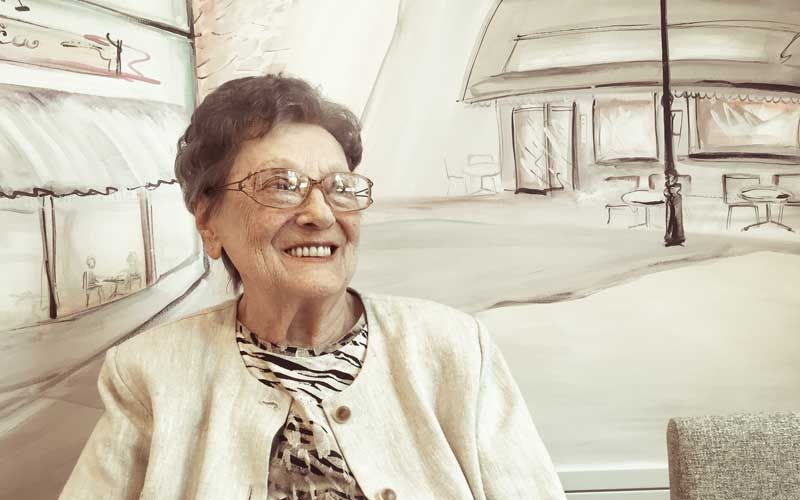Home Care Assistance
Stroke Care: Support Through the Recovery Phase
-
 Hourly Care
Hourly Care -
 24 Hour Care
24 Hour Care -
 Hospital to Home
Hospital to Home -
 Specialised Care
Specialised Care
Recovery at home

A stroke can be an extremely challenging medical event to cope with and recover from; patients must simultaneously overcome physical, cognitive and emotional challenges and many stroke survivors report frustrations with the recovery process. In-home services can help ensure a successful recovery at home to maximise long-term independence.
In a recent survey of over 1000 stroke survivors over 40% felt either somewhat, or not very successful in meeting their rehabilitation goals and 38% felt they lacked information relevant to their recovery. We want these alarming statistics to change for the better.
Our Care Workers can provide essential assistance with things like:
-
Driving and errands
-
Meal preparation and nutrition support
-
Mobility assistance
-
Personal assistance, including hygiene and dressing
-
Medication reminders
-
Companionship and activities
-
Emotional support for individuals and families
How to optimise the recovery phase post stroke

Understand limitations
Blood test follow-up

Ongoing appointments and follow up
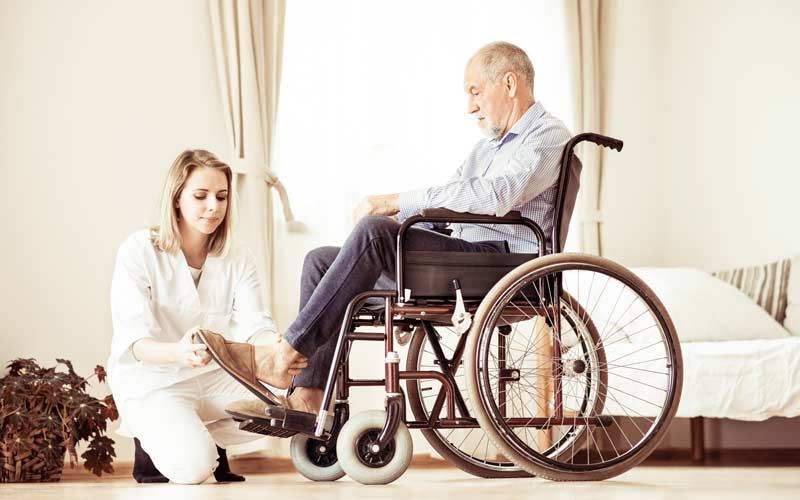
Adapting the home to current needs
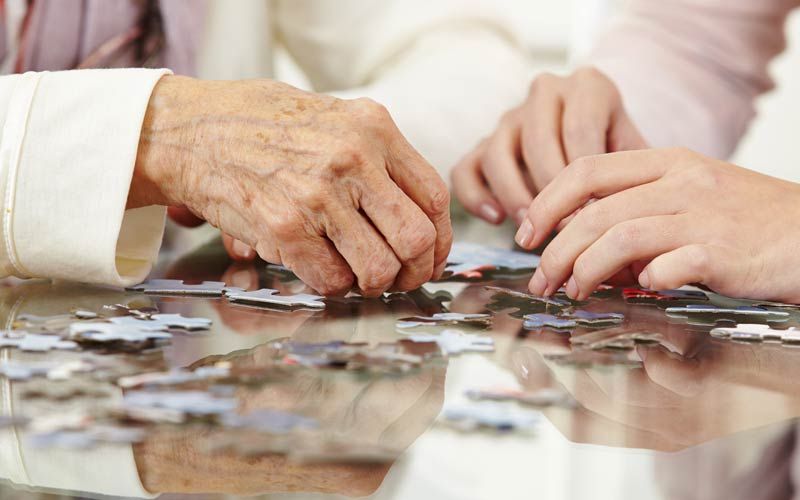
Incremental Steps
Doing too much too soon can be a risk to the recovery process, however basic tasks should be attempted to an individual’s own comfort levels. These efforts will facilitate physical recovery and small accomplishments can provide a big mental boost, helping to motivate toward the long-term goals. Incremental steps with daily activities, using the support from family and Care Workers will add up to long term success.

Proper nutrition
